Commercial Compostables Service
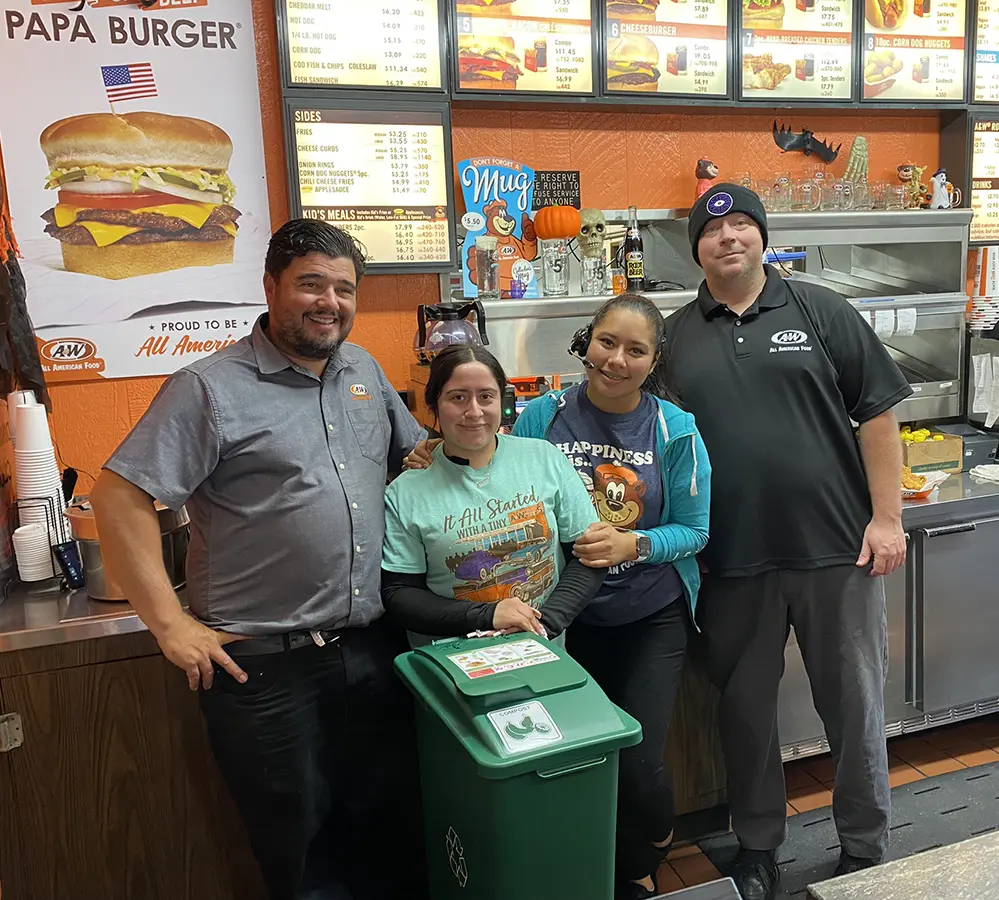
Welcome to Marin Sanitary Service’s Commercial Compostables program, designed to help businesses in Marin County efficiently manage organic waste. Our comprehensive composting services enable your business to reduce waste, lower disposal costs, and promote sustainability. Join us in our mission to create a greener community by transforming food scraps and organic waste into nutrient-rich compost.
Removing organic material from the landfill is a top priority for all of California. When organic material like food waste is landfilled, it breaks down and creates Methane – a greenhouse gas 80x more powerful than Carbon Dioxide. More methane means more global warming, droughts, and wildfires.
As of January 2022, every home, apartment complex, and business in California is required by law to collect their food waste, yard waste, and paper separately from all other waste. The law (SB 1383) aims to reduce harmful methane emissions. Learn more about SB 1383 and other recycling laws here.

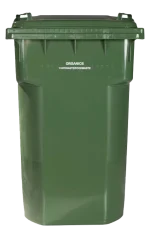
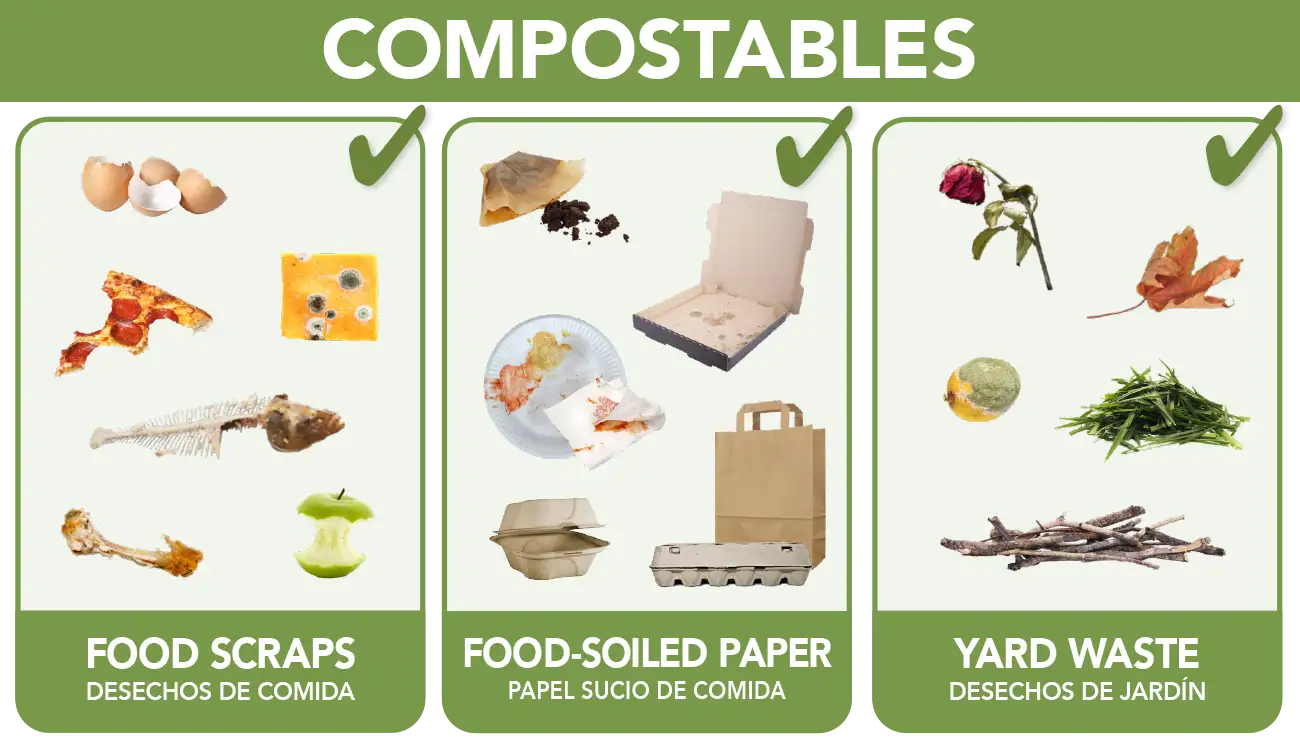

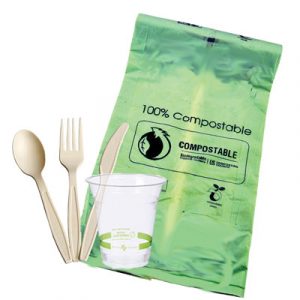

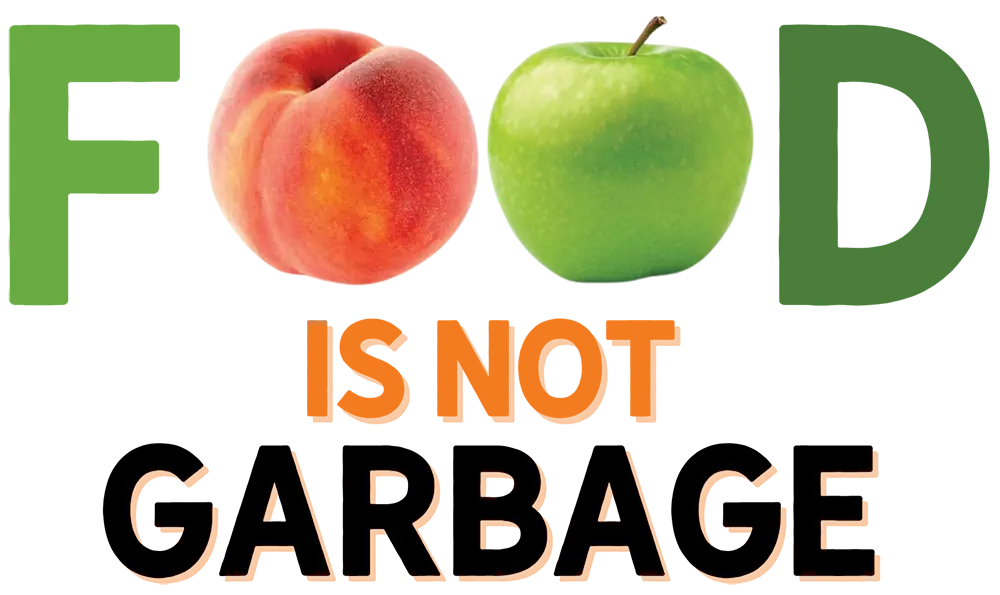
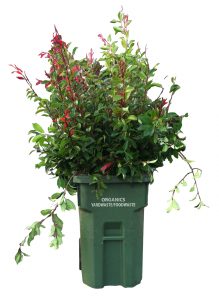
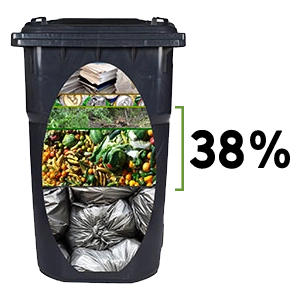 In 2014, Marin Sanitary Service conducted a study to identify the types of materials being sent to landfill. We discovered that 38% of what residents were throwing in the trash could have been composted – the process of turning organic materials such as food scraps, yard waste and compostable paper into a nutrient rich soil for use in gardens, farms and vineyards.
In 2014, Marin Sanitary Service conducted a study to identify the types of materials being sent to landfill. We discovered that 38% of what residents were throwing in the trash could have been composted – the process of turning organic materials such as food scraps, yard waste and compostable paper into a nutrient rich soil for use in gardens, farms and vineyards.